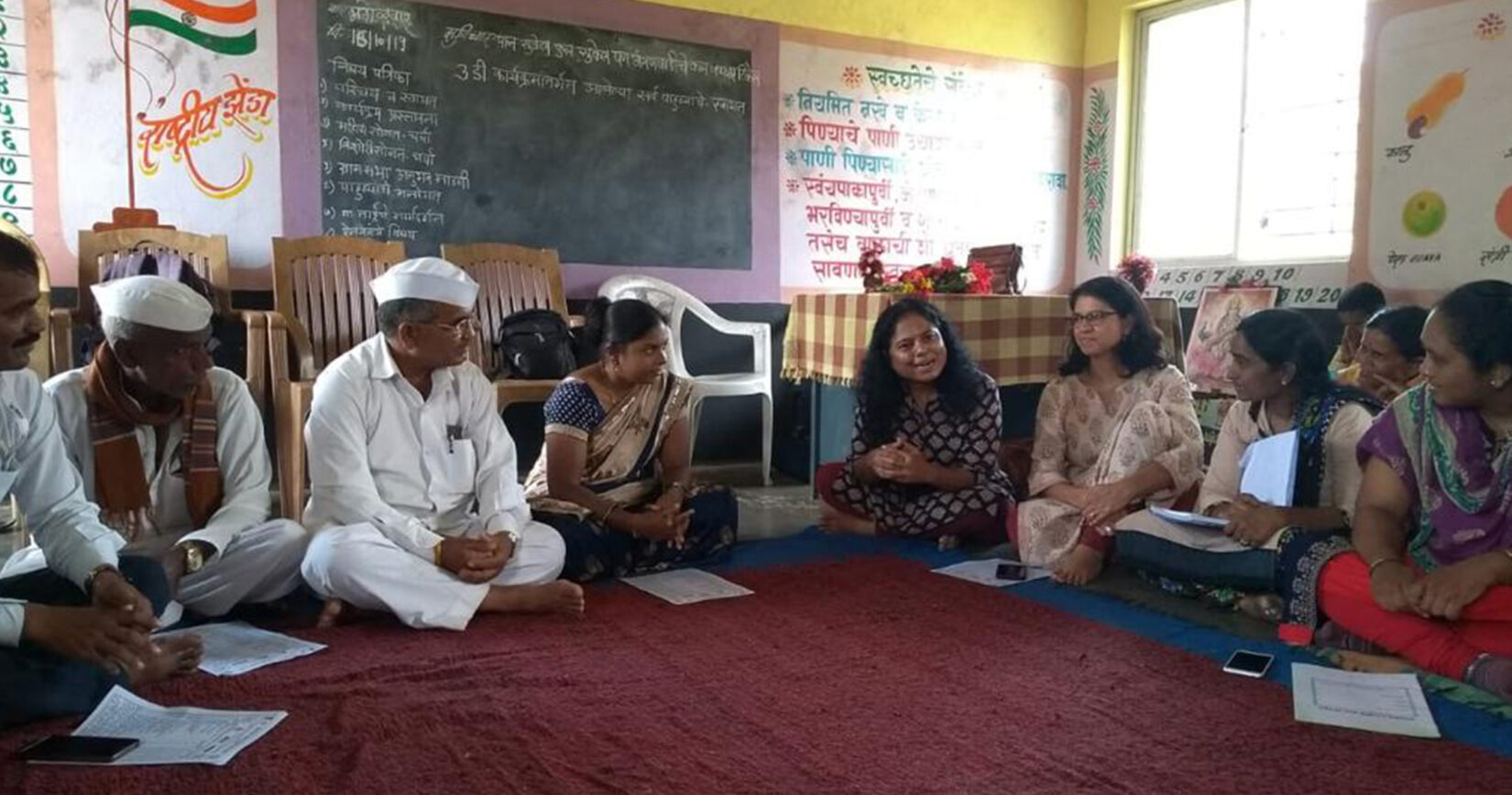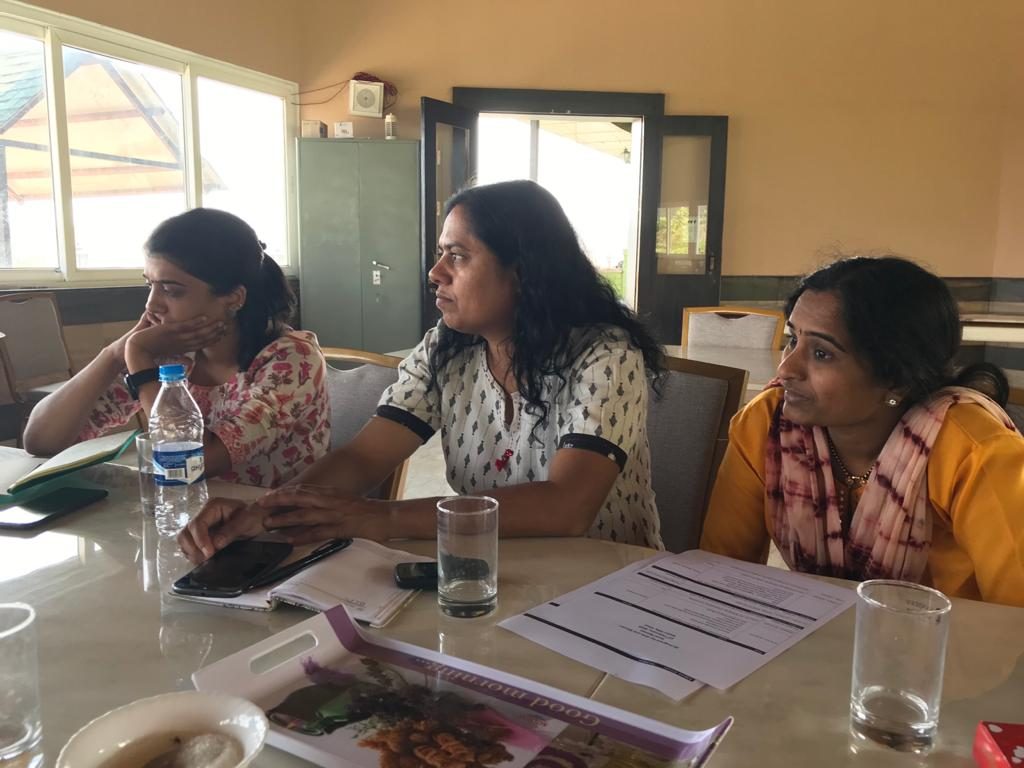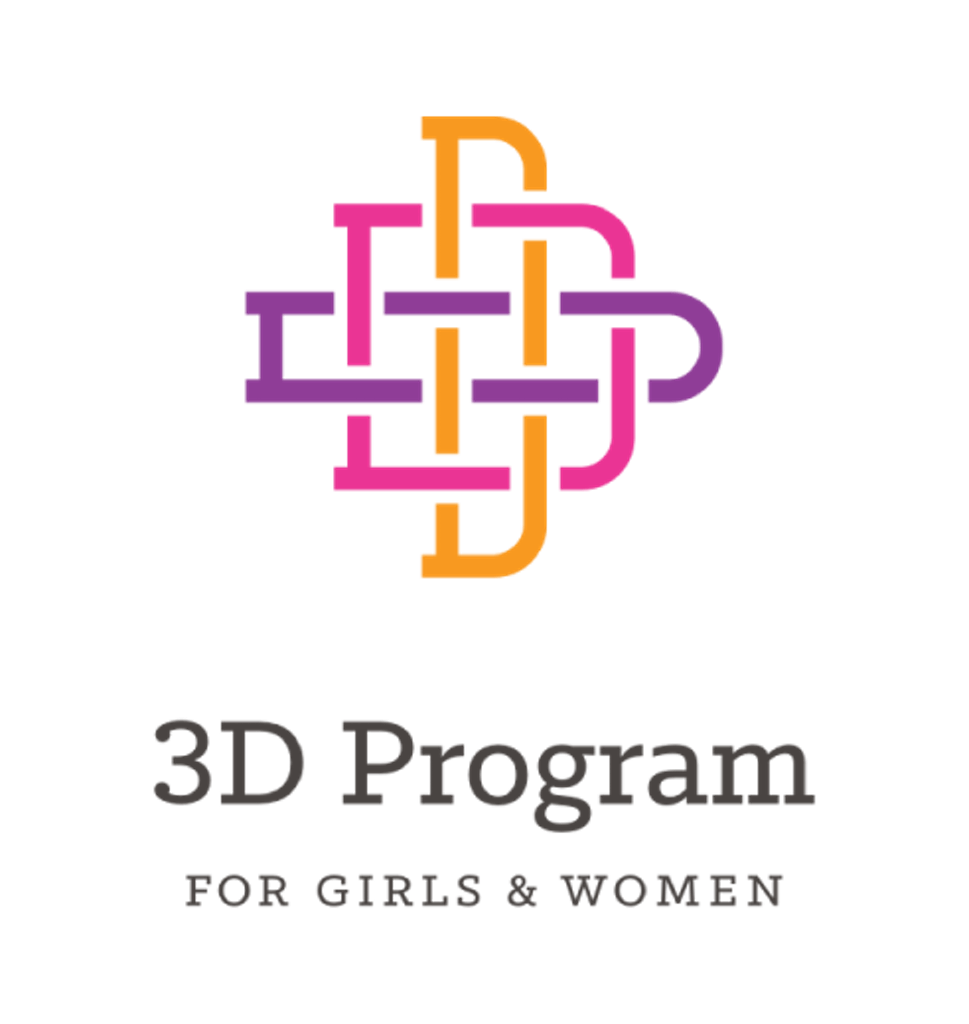
Shailaja Aralkar is a gender champion working with the 3D Program for Girls and Women to support the implementation of gender equality programming in India’s Pune District, with a focus on rural women and girls. The 3D Program advances gender equality and girls’ and women’s empowerment by helping local governments work more efficiently across departments, and with civil society and the private sector, to increase economic opportunities for girls and women and address their health, education, and safety needs. In her current role, Shailaja works with girls and women, as well as local government officials, to advance gender equality in the Pune district in Maharashtra State, India.
What does #EqualEverywhere mean to you?
Everyone should be equal and enjoy the same opportunities, at every stage of life and regardless of sex, sexual orientation, gender identity, class, ethnicity or caste. Also, the value of equality should be embedded across society and in the attitudes and behaviors of all individuals. As a woman I don’t want to be treated as superior or worshipped as a goddess or given any special privileges – all I want is equality.
Why do you advocate for equal rights for girls and women?
I was raised in a progressive family to be equal to my brothers, but I soon realized that it wasn’t the same for the girls who were in school and college with me. I remember when a 7th grade classmate was forced to marry, even though she didn’t want to. That and other such instances made it difficult for me to enjoy the freedoms I had – how could I enjoy the privilege of equality, when other girls and women did not have the same? That is why I wanted to make a change – to work to change the situation for all.
What motivates you to do this work?
I enjoy being a member of the 3D Program because everyone on the team values equality and that is what motivates us to do the work to foster gender equality in the villages of Pune through the program.

What are the main challenges you experience in your work to advance gender equality?
The biggest challenge is working with some government officials who don’t share our values of equality and justice. Because of how they were raised and the gender biases they have been socialized to believe in, they sometimes think of the work they are doing for girls and women as welfare or charity work. I don’t like that. As civil servants, they should recognize that part of their responsibility entails ensuring that women’s rights are upheld – that is what they are paid to do through the taxes that all citizens pay, including women. I keep reminding myself that their attitude is not their fault; they may have never been exposed to the importance of gender equality nor understand how gender parity benefits everyone. Our task is to expose them to that kind of information and train them.
What progress are you seeing as a result of your work?
The 3D Program has created forums and platforms that allow village women to voice their opinions and concerns. By giving them that opportunity, valuing their opinions, and providing them a forum through which they can share their views with each other, I can see their confidence increasing. Also, the opportunity we created for rural girls and young women to participate in a job skills training program in Pune City exposed them to new environments and both literally and figuratively expanded their horizons. To see their excitement and the new possibilities that open up for them because of these opportunities gives me great joy.
What progress are you seeing in the wider gender equality movement?
I feel frightened by the many ways in which we as a country are going backwards, but the work of grassroots women’s groups and the Indian women’s movement, of which I am a part, gives me hope. We will continue to strive for the right to equality and work to bring about transformative change. We have to keep repeating the fact that empowering and educating girls and women doesn’t take anything away from boys or men – everyone gets exposed to new ways of being and benefits from equality.
 BACK TO STORIES
BACK TO STORIES